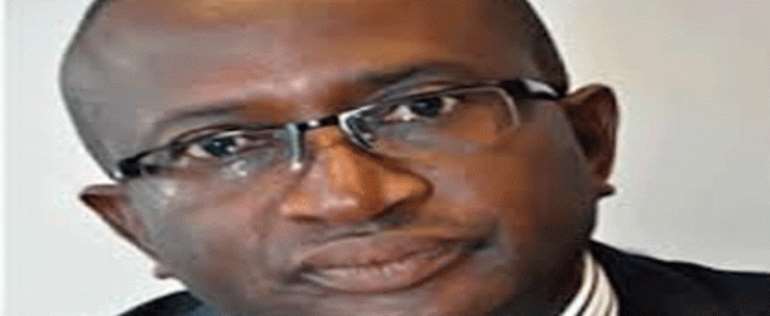PIB: Host community fund splits senators

The Senate, Tuesday, split between the Southern and Northern when discussions on the new Petroleum Industry Bill (PIB) commenced, as the lawmakers had opposing views over the host community development fund and the national frontier exploration agency.
These were some of the issues raised when Senate Leader, Victor Ndoma-Egba, presented for discussion a Bill for an Act to provide for the Establishment of a Legal, Fiscal and Regulatory Framework for the Petroleum Industry in Nigeria and for Other Related Matters for Second reading.
At the beginning of a three-day debate on the bill yesterday, majority of the senators who spoke, however, regretted that in spite of the money the region had received for development so far, there was nothing to show in terms of infrastructural development, especially in communities where oil was being produced.
There were accusations of mismanagement of 13 percent derivation fund and Niger Delta Development Commission, NDDC, fund amounting to the tune of N11.3 trillion, against the Niger Delta region governors since 1999.
This apparently influenced the senators to oppose the Host Communities Fund provided for in the Petroleum Industry Bill, PIB. The bill is currently pending before the National Assembly.
It was Senator Ahmed Lawan, ANPP, Yobe North, who first opposed the provision of 10 percent fund for the host communities in the bill, on the grounds that the extant laws did not only make provision for 13 percent as derivation fund but NDDC and other sources of funding for the Niger Delta States.
According to him, though he was in full support of the bill, there was undue financial attention on the Niger Delta region. Citing newspaper interview with Ijaw leader and elder statesman, Edwin Clark, and other newspaper references, Senator Lawan insisted that the region had so far received a total of N11 trillion between 1999 and date.
He expressed regret that those at the helm of affairs in the region had refused to carry out commensurate development, especially in the oil host communities, saying 'I am in full support of the bill but with some massive reservation.'
Lawan regretted that at present, Nigeria has not been able to disclose the real quantity of crude oil it was producing or the amount the country was realising on oil to its citizens. He contended that oil companies should be transparent and free from government interventions.
He demanded a research exploration to be carried out across the country, even as he urged his colleagues to strongly oppose the 10 percent for the host communities, adding that it shouldn't have any room in the PIB as the current 13 percent derivation fund should take care of such.
His remark that most governors of the region had failed to live up to expectations, in spite of the huge amount made available to the region since 1999, attracted reaction from Senator James Manager, PDP, Delta South.
Manager, under the Senate's Point of Order, geared for open confrontation, saying that Lawan was being unnecessarily emotional and as well injected some insultive comments in his contribution against governors of the region.
This was to begin the open confrontation between the southern and northern senators. However Senate President, David Mark, quickly intervened in the matter, explaining that Senator Lawan in his comments so far had not insulted anybody.
Earlier in his lead debate, Senator Ndoma-Egba said: 'Given the mono-cultural nature of our economy, and its almost total dependence on oil, the Bill has understandably elicited deep local and international interest as the oil industry especially in terms of technology, expertise and economics, is global.
'The Bill, when passed will fundamentally alter the legal, fiscal and proprietary dynamics and regime of our oil sector. It will harmonise and consolidate the diverse and disparate laws, about 16 of them, that today govern and regulate the sector.
'It is easily one of the most important Bills to be considered by this distinguished and hallowed chamber.
'The bill was first, introduced in the sixth Senate but legislative action on it could not be concluded as at that time because it seemed several versions of it were in circulation in the chamber and elsewhere.
'The bill was re-introduced in the seventh Senate as an executive bill with measures introduced to ensure that only one version was before this Senate as against our aforementioned previous experience. It was read the first time on September 19, 2012.'
